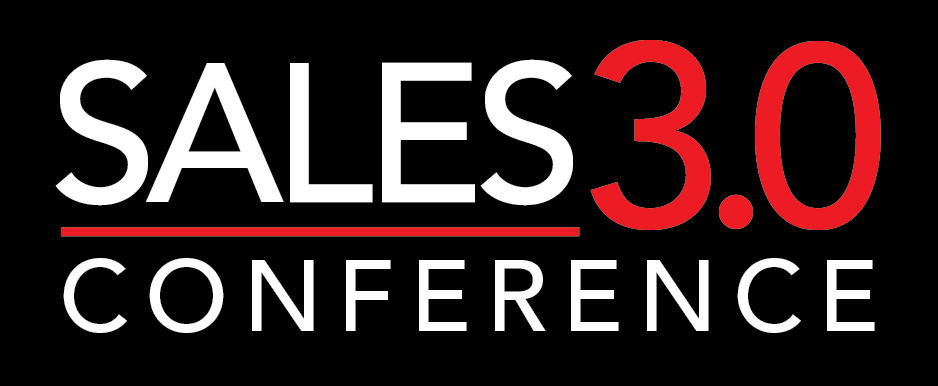For the prompt, Share five specific ways in which AI utilization can help make a successful B2B sales pitch, we put three leading Gen AI Chatbots to the test. If you’re using another chatbot, put yours to the test!
Result Comparisons
Chat GPT
- Hyper-Personalized Content and Outreach: AI-driven analytics can sift through massive amounts of customer data to deliver hyper-personalized sales pitches. It can analyze potential clients’ past interactions, purchasing behavior, industry trends, and even social media activity to tailor the pitch to their specific needs and pain points. This deep personalization shows potential clients that you understand their unique business challenges and can offer targeted solutions, which increases the likelihood of engagement.
- Example: An AI tool can analyze a client’s LinkedIn activity and recent company announcements to suggest talking points that align with their current business objectives.
- Predictive Lead Scoring: AI can help prioritize leads based on predictive algorithms that assess which prospects are more likely to convert. By analyzing historical sales data, website interaction, email engagement, and CRM activity, AI can score leads based on their readiness to buy. This allows sales teams to focus their time and energy on high-potential prospects, thereby increasing efficiency and closing rates.
- Example: An AI system could identify that a prospect who visited specific pages on your website and opened multiple emails has a higher likelihood of conversion, prompting immediate action from your sales team.
- Natural Language Processing (NLP) for Enhanced Pitch Delivery: AI-powered NLP tools can help improve both written and verbal sales pitches by analyzing language tone, sentiment, and effectiveness. For example, it can assess which phrases or messages resonate most with potential clients and help adjust the sales pitch in real time. These tools can also recommend optimized responses during live conversations, improving engagement and adaptability.
- Example: An AI tool might analyze previous email threads and suggest a more empathetic tone or recommend highlighting specific product features based on the customer’s feedback.
- Automation of Repetitive Tasks: AI can automate time-consuming tasks like scheduling meetings, sending follow-up emails, or generating reports. This allows sales teams to focus on high-value activities such as relationship-building and strategy development. By freeing up time for more critical tasks, AI ensures that your sales pitch is delivered more effectively and with greater attention to detail.
- Example: AI-driven chatbots can handle initial client inquiries or automate the process of sending personalized follow-up emails after a pitch, ensuring timely communication without manual effort.
- Data-Driven Insights and Competitive Analysis: AI can provide in-depth competitive analysis and market insights, enabling you to tailor your pitch more effectively against competitors. By analyzing competitor strategies, pricing models, and industry trends, AI tools can provide actionable intelligence that helps frame your offering as superior. This level of data-driven insight ensures that your sales pitch is not only persuasive but also positioned as a strategic solution to the prospect’s challenges.
- Example: An AI tool might scan competitors’ websites, reviews, and pricing changes in real time and suggest how to highlight your product’s advantages over competing solutions during the pitch.
Claude
- Personalized Prospect Research: Use AI to analyze a prospect’s company data, financial reports, social media presence, and recent news. Identify their pain points, growth initiatives, and market challenges. Example: If AI analysis shows your prospect recently expanded into APAC markets, tailor your pitch to address international scaling challenges.
- Real-time Meeting Intelligence: Deploy AI to analyze facial expressions, tone, and engagement during virtual sales meetings. Get live prompts for addressing objections or shifting approach when interest wanes. Example: If AI detects confusion when discussing technical features, it automatically suggests simplified explanations or relevant case studies.
- Dynamic Presentation Customization: Use AI to automatically adjust slide decks and materials based on prospect’s industry and role. Generate relevant statistics and social proof in real-time. Example: When pitching to a CFO, AI can emphasize ROI metrics and financial projections; for a CTO, it can focus on technical integration details.
- Competitive Intelligence Integration: Leverage AI to monitor competitors’ offerings and pricing in real-time. Identify and highlight your unique value propositions. Example: If AI detects a competitor recently changed their pricing model, quickly adjust your cost-benefit analysis to show superior value.
- Predictive Next Steps: Use AI to analyze historical sales data and suggest optimal next actions. Generate personalized follow-up plans based on prospect engagement. Example: If the prospect shows interest in specific features, AI can automatically prepare detailed technical documentation and suggest a follow-up demo with your product team.
Microsoft Copilot
- Personalized Customer Insights: AI can analyze vast amounts of data to provide deep insights into potential clients’ behaviors, preferences, and needs. This allows sales teams to tailor their pitches to address specific pain points and interests, making the pitch more relevant and compelling.
- Lead Scoring and Prioritization: AI algorithms can evaluate, and score leads based on their likelihood to convert. This helps sales teams prioritize their efforts on high-potential prospects, ensuring that time and resources are spent efficiently.
- Automated Follow-Ups: AI-powered tools can automate follow-up emails and messages, ensuring timely and consistent communication with prospects. This helps maintain engagement and moves leads through the sales funnel more effectively.
- Sales Forecasting: AI can predict future sales trends and outcomes by analyzing historical data and current market conditions. This enables sales teams to make data-driven decisions and adjust their strategies proactively.
- Enhanced Presentations: AI can assist in creating dynamic and visually appealing presentations by suggesting relevant content, visuals, and data points. This makes the sales pitch more engaging and easier to understand for potential clients.




